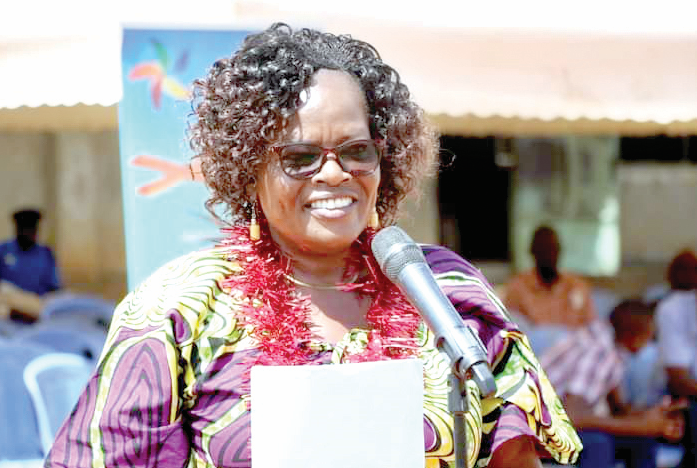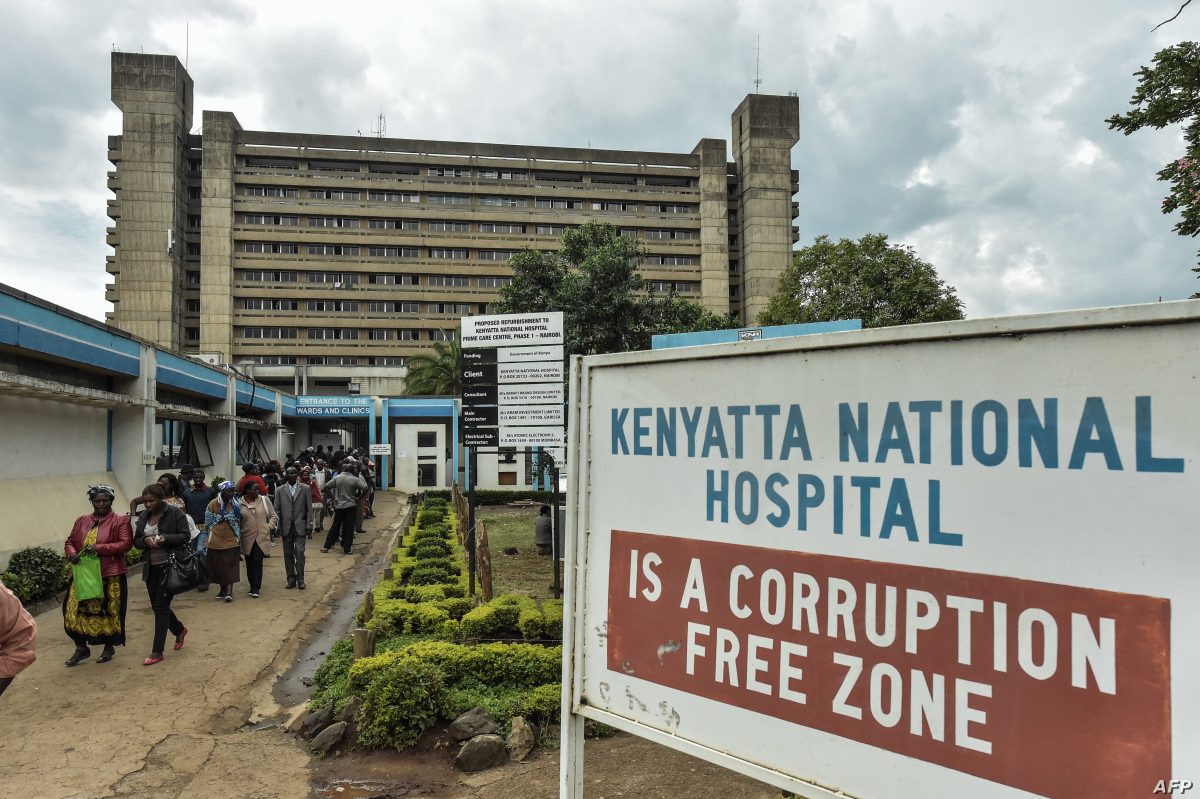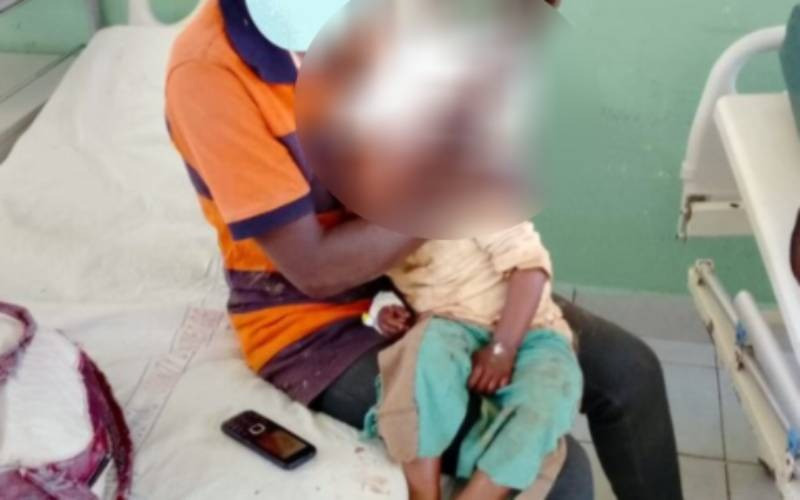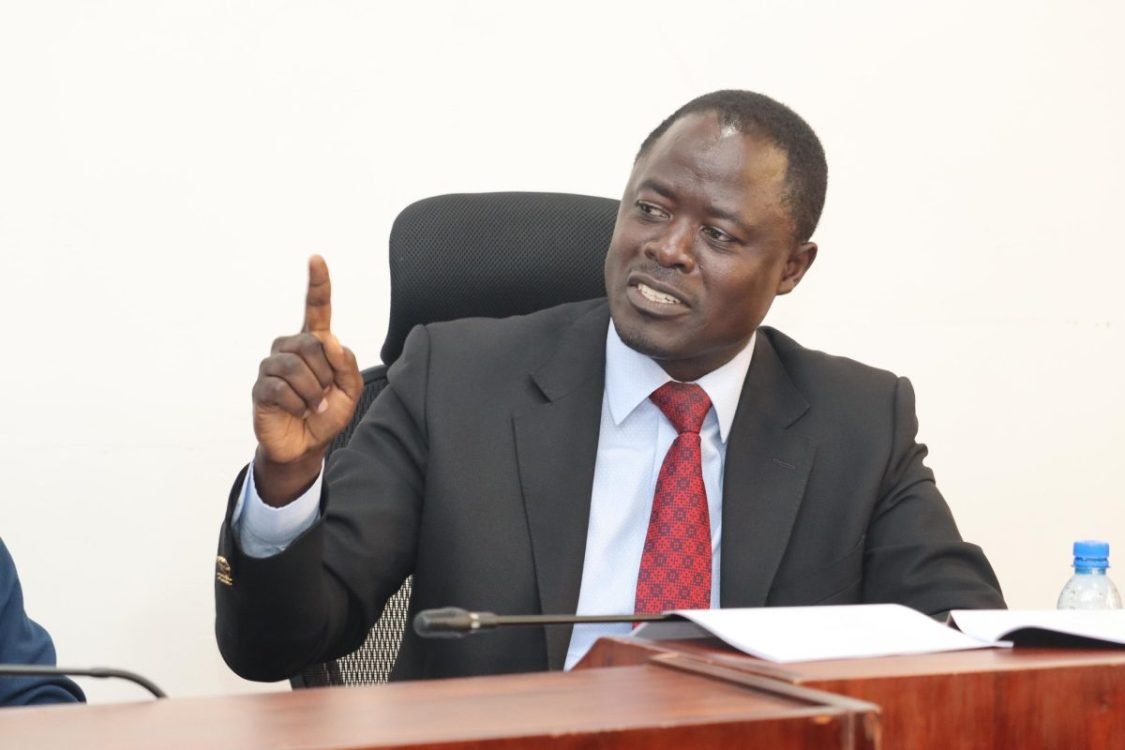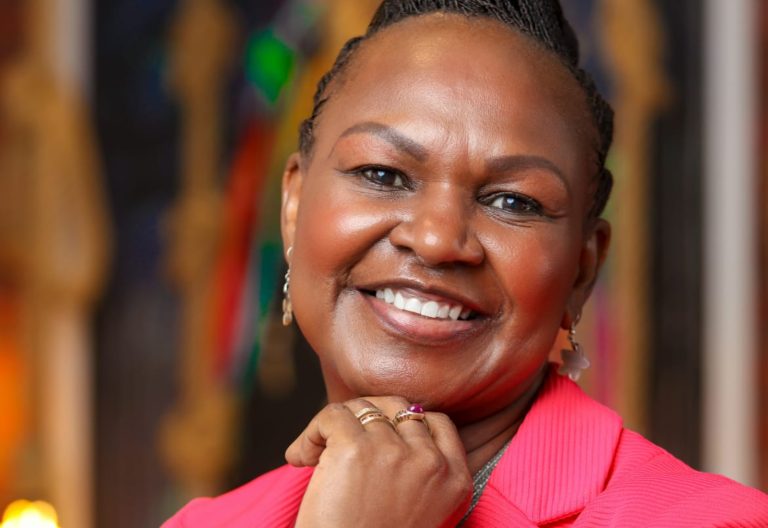Women share their struggles with fistula
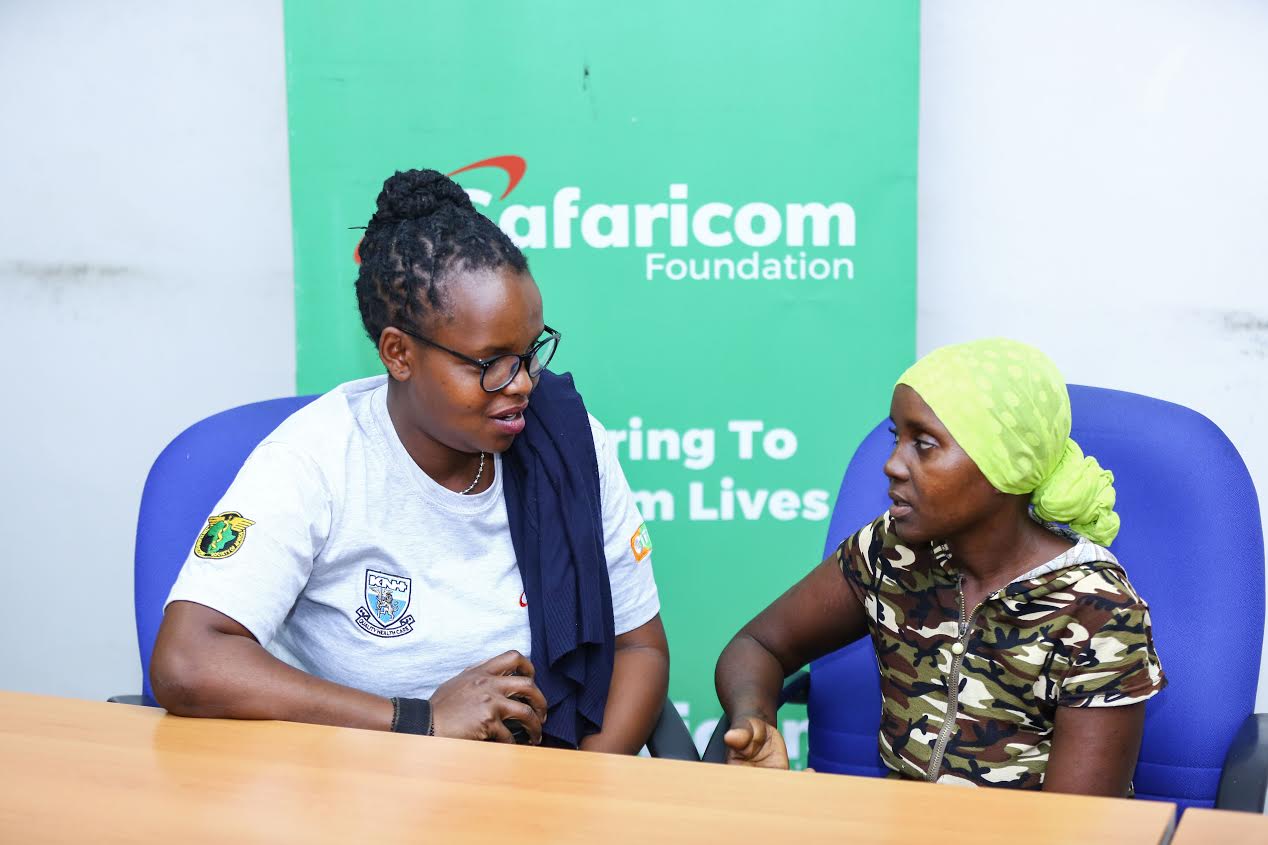
A strong foul odour caused by leaking urine or stool and passing of uncontrolled gas from one’s genitalia, accompanied by affliction caused by genital fistula forced these women into self-imposed isolation years.
In a nutshell, female Genital Fistula (FGF) previously known as Obstetric (or Vesico-Vaginal fistula) is a dehumanizing condition that affects women and girls across the globe, mainly from poor backgrounds with little or no access to healthcare.
Thirty-five-year-old Muthoni Muthuka’s journey with fistula started in 2006 when she gave birth to her firstborn.
Like many women in Kenya, she sorted the help of a midwife to facilitate the natural delivery.
But as fate would have it, she got pregnant again in 2017, and that is when she was diagnosed with fistula at Kenyatta National Hospital (KNH).
“It had been 13 years of miserable life. You know, once you have fistula, going out becomes a huge problem. At first, I did not know what was wrong with me since I could not hold stool. However, the doctors realized I had fistula when I was in labour with my second child,” she recalls.
Muthoni would restrain the leakage of urine and faecal matter in public by avoiding food and only eating when necessary.
That would not always work as she narrates of an ordeal where she once had a leakage when at work, humiliated she decided never to work again.
“Fistula is humiliating. Before the surgery, I used to get in a matatu and would wait for everyone to come out because I did not know if I had messed myself up. In other situations, I would release fart like gas from my vagina and when this happened, I was so embarrassed I would pray for death to come knocking. I used to wear multiple clothes just to ensure I keep the leaks at bay,” said Muthoni.
It is not any different for Catherine Chebet, 45, from Bomet, who has battled fistula for 15 years before undergoing a reconstruction surgery at KNH.
“I got fistula when giving birth to my firstborn. My husband left me because he would not stand this problem anymore. I was ashamed of my condition so I kept to myself for years, I could not go to church or even hold a job,” said Chebet.
“Adult diapers are very expensive, a pack goes for around 900 shillings and that would not last me at least a week. With no source of income, I mostly relied on worn-out clothes,” added Chebet.
According to world health organization (WHO), there are over 2 million women living with fistula worldwide. It is estimated that over 3000 new cases of fistula reported are annually in Kenya, about 7.5 per cent of these women are able to get medical care. Which means 2,700 women with fistula do not receive necessary treatment. Also, the occurrence stands at 3 to 4 women for every 1000 deliveries.
However, the situation is made worse by the fact that access to skilled delivery care in the country is generally low. Fistula still exist because the health care system fails to provide accessible, quality maternal health care, including family planning, skilled care at birth, basic and comprehensive emergency obstetric care and affordable treatment.
Weston Khisa, an obstetrician and gynaecologist, says fistula is a tear in the wall between the vagina and bladder ,and sometimes the rectum, caused in most cases by prolonged obstructed labor.
He adds that it leaves the woman incontinent and manifests itself as an abnormal communication between the urinary bladder and vagina, which leads to uncontrolled, continuous leakage of urine and/or faecal matter.
“The biggest challenge is the rural area where there are poorly skilled birth attendances. We have and will continue to train midwives to be able to identify fistula or injuries quickly for the restoration of dignity, ”he said.
According to him, women with fistula are constantly subjected to severe social stigma due to odour, which is humiliating and in most cases drives their families away.
“We are working on a holistic model approach for women who are suffering from fistula surgical repair may stop leakage but that does not guarantee their self-esteem back. These women are the classic examples of the level of the level of stigma fueled by ignorance in the society. Yet, no woman should suffer from the stigma that accompanies fistula” said Khisa.
To eradicate this condition, at least 112 women living with female genital fistula including Muthoni and Chebet received free surgery from a two-week long fistula camp at Kenyatta national hospital in Nairobi.
Going to church, passing stool with zero fear of leaks, using a Matatu and wearing whatever cloth you deem fit may seem like a normal occurrence to many. But, for these women, it is a profound restoration of the lives they once knew and could only dream of for years.
